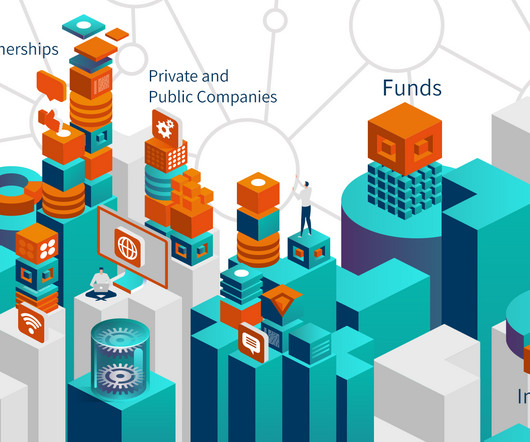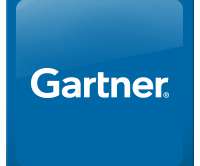ISO 20022: Are your payment systems ready?
IBM Big Data Hub
APRIL 18, 2023
ISO 20022 data improves payment efficiency The impact of ISO 20022 on payment systems data is significant, as it allows for more detailed information in payment messages. ISO 20022 drives improved analytics and new revenue opportunities ISO 20022 enables more sophisticated payment analytics by providing a richer data set for analysis.



















Let's personalize your content